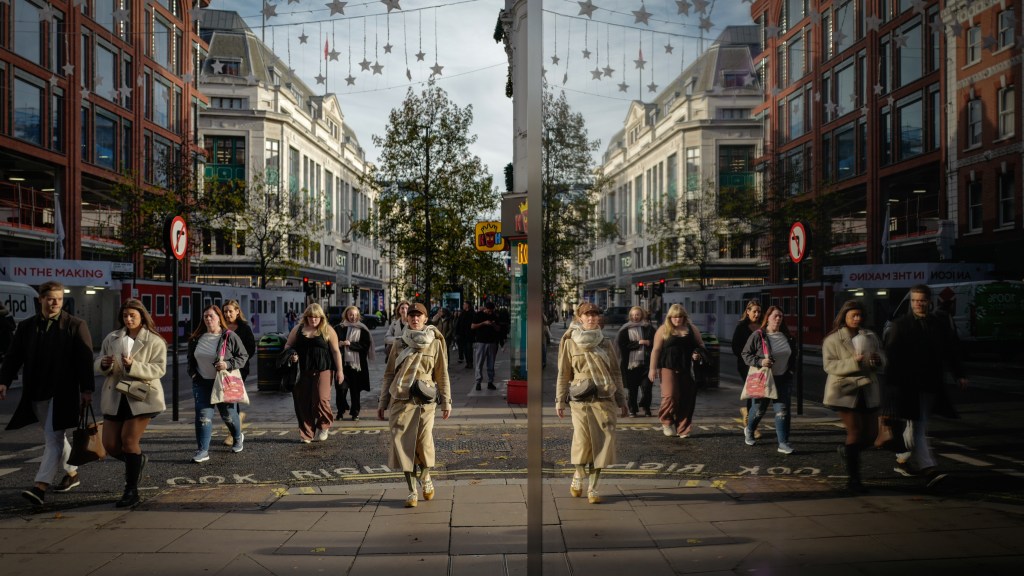Consumer Confidence Declines to Record Low
Consumer confidence has sharply declined, reaching its lowest level in over a year during January, indicating that households are anticipating challenging economic times ahead.
The GfK consumer confidence index experienced a decrease of five points in the last month, falling to minus 22, marking the lowest level since December 2023. This decline reflects growing pessimism regarding the UK economy and increasing worries about personal financial stability in the coming year.
Neil Bellamy, the consumer insights director at NIQ GfK, remarked, “Typically, the new year is a period for positive change, but these statistics reveal that consumers are not optimistic about an improving situation. This data demonstrates a declining trust in the UK’s economic prospects, with many foreseeing difficult times ahead.”
All components contributing to the GfK confidence index suffered a downturn in January. The index assessing perceptions of the overall economic situation for the upcoming year plummeted by eight points to minus 34, while the index concerning personal finances fell by three points to minus 2.
Significantly, the savings index, which gauges the public’s tendency to save, rose by nine points to plus 30 over the past month. This increase indicates heightened fears about job security and potential income loss among the public. Economists suggest that consumer hesitance to spend is hampering economic growth.
Predictions of minimal interest rate cuts may have contributed to the rise in the savings index as well. The Bank of England is anticipated to reduce borrowing costs twice this year from their current level of 4.75 percent. Meanwhile, expectations of higher interest rates have led to a decline in the major purchases index, which dropped four points to minus 20.
Consumer confidence is a key indicator closely followed by economists, as it provides insights into future spending patterns. An increase in confidence usually translates into heightened consumer spending, which supports GDP growth; conversely, a decrease may lead to reduced consumption.
The latest data further underscores the slowdown experienced by the economy since last summer. From July to November, a period that encompassed Labour’s initial months in control after their general election victory, GDP growth has stagnated.
The budget presented by Rachel Reeves has contributed to noticeable declines in hiring and overall business sentiment, as shown by both official statistics and private sector surveys. The chancellor has proposed £40 billion in tax hikes, including a £25 billion increase in national insurance contributions for employers.
Speculation surrounds the chancellor’s potential need to raise taxes again or cut public spending to restore the £9.9 billion buffer in alignment with her fiscal rules, which entail reducing debt relative to the economy and ensuring government spending is balanced with tax revenues. Rising long-term government bond yields have further restricted the chancellor’s fiscal flexibility.
If new fiscal measures are adopted, they could undermine consumer confidence and impact household finances. At the World Economic Forum’s annual meeting in Davos this week, the chancellor reaffirmed her commitment to adhering to fiscal rules, emphasizing their importance for economic and financial stability. The Office for Budget Responsibility is scheduled to release new economic forecasts on March 26, which could prompt announcements of fiscal policy adjustments by the chancellor.




Post Comment